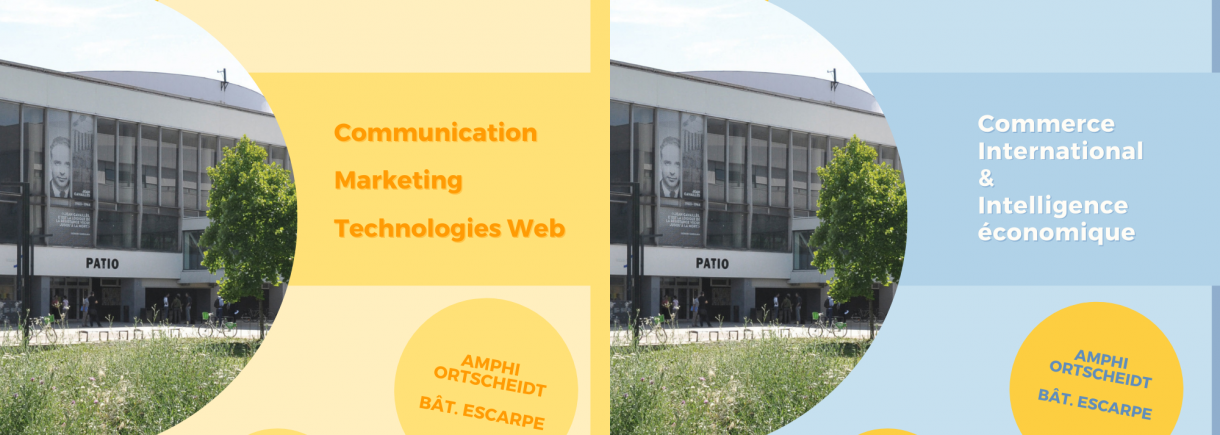A young girl’s fight for education
The evening focused on the screening of the film “Le Cahier” (“The Exercise Book”) by Hana Makhmalbaf. This 2007 Iranian film tells the story of Baktay, a 6-year-old girl living in Bamiyan, Afghanistan. Her greatest wish: learning to read and going to school. Her objective: to get an exercise book at any cost, despite the violence of other children and the indifference of the adults around her.
Afghanistan: at the core of the debate on women’s education
After the screening, Mr Divantchegui, member of the board of directors of AFRANE (Amitié franco-afghanane), answered questions from the Humanistra team and talked to the audience. Two students of Afghan origin, Elham and Farid, were with him. Through their personal stories, the audience of about 50 people was able to understand the challenges of education in Afghanistan, particularly for girls.
According to Mr Divantchegui, girls’ schooling is not only a matter of human rights or equality. It is also a major factor in ending the civil war that has torn this country apart for 40 years now. It would enable Afghanistan to develop, deeply and sustainably, in the cultural, social, medical, demographic and economic fields.
Fundraising success
The previous afternoon, the eight members of the project had taken turns promoting their event on a stand selling jewellery and handicrafts from Central Asia. These objects have been used to raise funds for AFRANE. This association promotes school construction in Afghanistan and quality education through teacher training. As with the first event, this conference was a great success for Humanistra.
